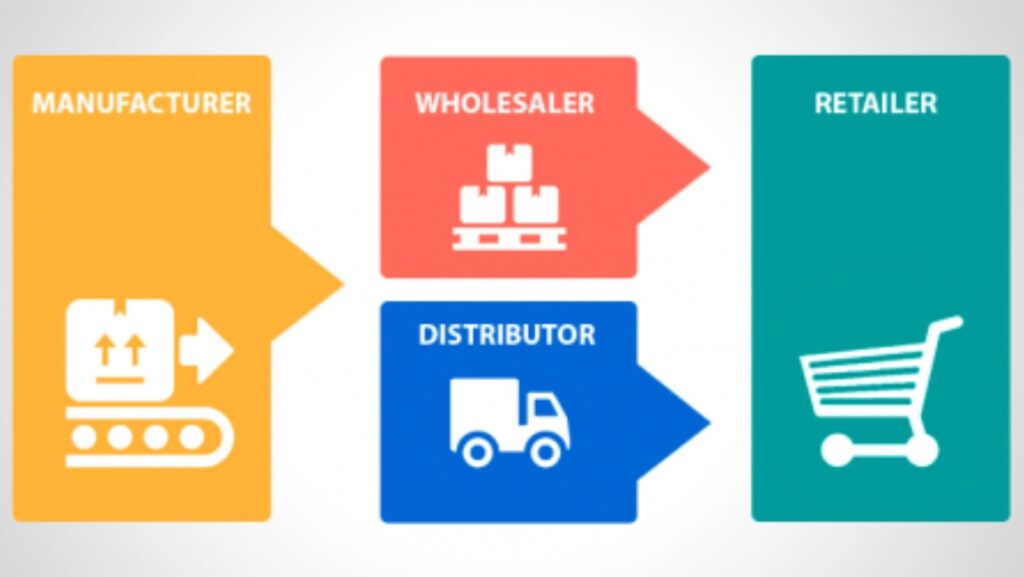The answer to this question depends on a number of factors, including your business model, target market, and product mix. In general, resellers are better suited for businesses that have a narrower focus and are selling products that are not unique or highly specialized. Distributors, on the other hand, are better suited for businesses that have a broader focus and are selling products that are more unique or highly specialized.
If you’re still not sure which type of partner is right for your business, we’ve put together a quick guide to help you make the decision.
What is a reseller
A reseller is a company that buys products from manufacturers or distributors and then sells them to customers. In most cases, resellers do not have their own brands and they sell products from multiple manufacturers.
What is a distributor
A distributor is a company that buys products from manufacturers and then sells them to customers. In most cases, distributors represent one or more brands and they often have exclusive relationships with the manufacturers they represent.
What are the benefits of working with a reseller
There are several benefits of working with a reseller, including:
– Resellers typically have a narrower focus than distributors, which means they may be better equipped to sell your products to a specific type of customer or in a specific market.
– Resellers typically have lower overhead costs than distributors, which means they can offer your products at a lower price.
– Resellers typically have a shorter sales cycle than distributors, which means you can get your products to market faster.
What are the benefits of working with a distributor
There are several benefits of working with a distributor, including:
– Distributors typically have a broader focus than resellers, which means they can help you reach more customers.
– Distributors typically have higher overhead costs than resellers, which means they can offer your products at a higher price.
– Distributors typically have a longer sales cycle than resellers, which means you can get your products to market more slowly.
Distributor vs reseller
The key difference between distributors and resellers is that distributors typically have a broader focus while resellers have a narrower focus. This means that distributors can help you reach more customers, but resellers may be better equipped to sell your products to a specific type of customer or in a specific market.
Ultimately, the decision of whether to work with a reseller or distributor depends on your business model, target market, and product mix. If you’re still not sure which type of partner is right for your business, we suggest talking to a few different companies to see what they can offer.
How to become a distributor
The first step to becoming a distributor is to find manufacturers or brands that you want to represent. Once you’ve found a few companies that you’re interested in working with, the next step is to reach out and see if they’re looking for distributors. In most cases, manufacturers or brands will have an application process that you’ll need to go through in order to be considered.
How to become a reseller
The first step to becoming a reseller is to find products that you want to sell. Once you’ve found a few products that you’re interested in, the next step is to reach out and see if the manufacturers or distributors are looking for resellers. In most cases, manufacturers or distributors will have an application process that you’ll need to go through in order to be considered.


More Stories
Walking the Thin Line: The Delicate Balance of Job Endings
The Startup’s Technology is Used by Major Retailers in Colombia
The New Funds Will Allow Index Ventures to Invest in Even More Startups